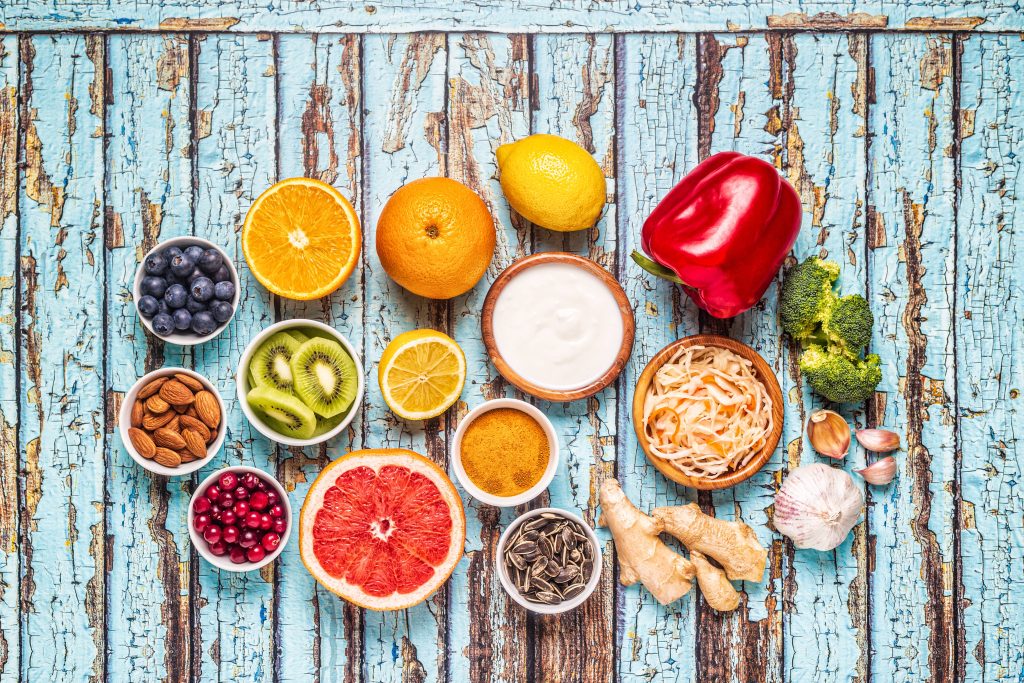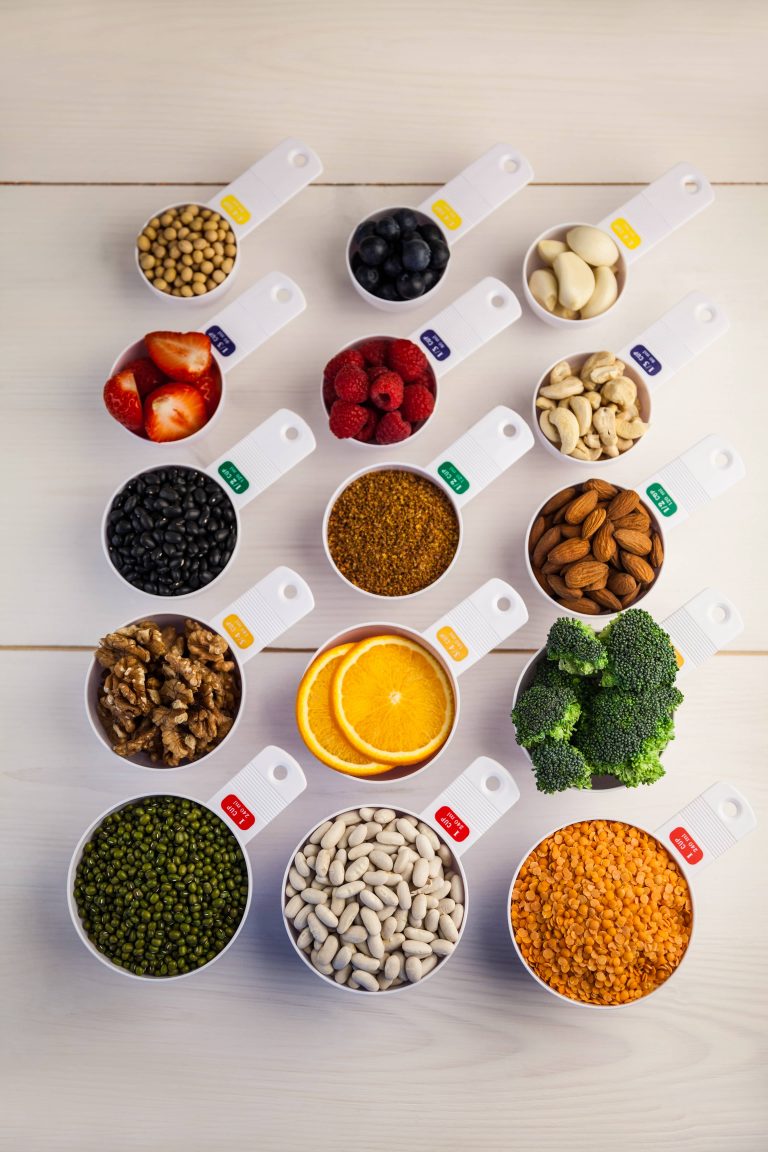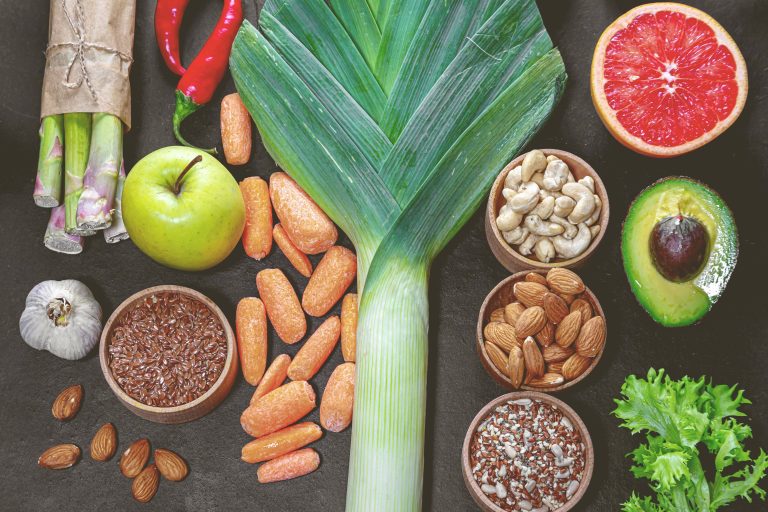
In today’s fast-paced world, maintaining optimal digestive health can be a challenge. With the increasing prevalence of processed foods and sedentary lifestyles, digestive issues have become a common concern for many. However, by making smart dietary choices, you can significantly enhance your digestive health and overall well-being. This blog post will explore various strategies and foods that can help you achieve a healthier digestive system.
Understanding Digestive Health
Before diving into dietary choices, it’s essential to understand what digestive health entails. The digestive system is responsible for breaking down food, absorbing nutrients, and eliminating waste. A healthy digestive system ensures that your body gets the nutrients it needs to function correctly and efficiently. Common digestive issues include bloating, constipation, diarrhea, and heartburn, which can often be alleviated or prevented through dietary changes.
The Role of Fiber
Fiber is a crucial component of a healthy diet and plays a significant role in digestive health. It adds bulk to the stool, making it easier to pass and reducing the risk of constipation. There are two types of fiber: soluble and insoluble. Soluble fiber dissolves in water and forms a gel-like substance, which can help lower cholesterol and regulate blood sugar levels. Insoluble fiber, on the other hand, does not dissolve in water and helps move food through the digestive tract.
Sources of Soluble Fiber:
– Oats
– Apples
– Citrus fruits
– Carrots
– Barley
Sources of Insoluble Fiber:
– Whole grains
– Nuts
– Beans
– Cauliflower
– Potatoes
Incorporating a variety of fiber-rich foods into your diet can promote regular bowel movements and prevent digestive discomfort.
Probiotics and Prebiotics
Probiotics are live bacteria and yeasts that are beneficial for your digestive system. They help maintain a healthy balance of gut bacteria, which is essential for proper digestion and immune function. Probiotics can be found in fermented foods such as yogurt, kefir, sauerkraut, and kimchi.
Prebiotics, on the other hand, are non-digestible fibers that feed the beneficial bacteria in your gut. They help promote the growth of probiotics and improve gut health. Foods rich in prebiotics include garlic, onions, leeks, asparagus, and bananas.
By including both probiotics and prebiotics in your diet, you can support a healthy gut microbiome and enhance your digestive health.
Hydration is Key
Staying hydrated is vital for maintaining a healthy digestive system. Water helps break down food, allowing your body to absorb nutrients more effectively. It also softens stool, preventing constipation. Aim to drink at least eight glasses of water a day, and consider increasing your intake if you are physically active or live in a hot climate.
In addition to water, herbal teas such as peppermint and ginger can aid digestion and soothe the digestive tract. Avoid excessive consumption of caffeinated and sugary beverages, as they can lead to dehydration and digestive issues.
Mindful Eating
Mindful eating involves paying attention to the eating experience and being present during meals. This practice can improve digestion by allowing your body to properly process and absorb nutrients. Here are some tips for practicing mindful eating:
– Eat slowly and chew your food thoroughly.
– Avoid distractions such as television or smartphones during meals.
– Listen to your body’s hunger and fullness cues.
– Focus on the flavors, textures, and aromas of your food.
By adopting mindful eating habits, you can enhance your digestive health and enjoy your meals more fully.
Limiting Processed Foods
Processed foods are often high in unhealthy fats, sugars, and additives that can disrupt digestion and lead to various health issues. These foods can also be low in fiber, which is essential for a healthy digestive system. To improve your digestive health, limit your intake of processed foods and opt for whole, unprocessed options instead.
Incorporating Healthy Fats
Healthy fats, such as those found in avocados, nuts, seeds, and olive oil, can support digestive health by promoting the absorption of fat-soluble vitamins and reducing inflammation in the gut. Omega-3 fatty acids, found in fatty fish like salmon and mackerel, are particularly beneficial for reducing inflammation and supporting overall gut health.
Regular Physical Activity
Physical activity is not only essential for overall health but also plays a crucial role in maintaining a healthy digestive system. Exercise helps stimulate the muscles in the digestive tract, promoting regular bowel movements and reducing the risk of constipation. Aim for at least 30 minutes of moderate exercise most days of the week to support your digestive health.
Conclusion
Enhancing your digestive health with smart dietary choices is a proactive approach to improving your overall well-being. By incorporating fiber-rich foods, probiotics, and prebiotics, staying hydrated, practicing mindful eating, and limiting processed foods, you can support a healthy digestive system. Additionally, incorporating healthy fats and regular physical activity can further enhance your digestive health. Remember, small changes in your diet and lifestyle can lead to significant improvements in your digestive health and quality of life.










